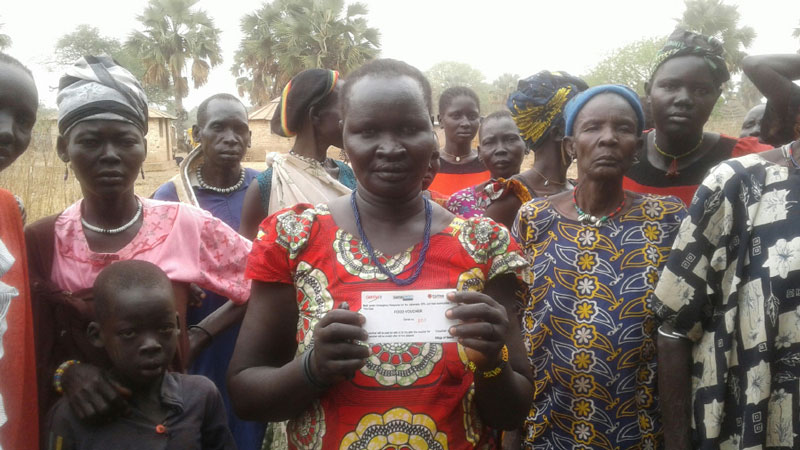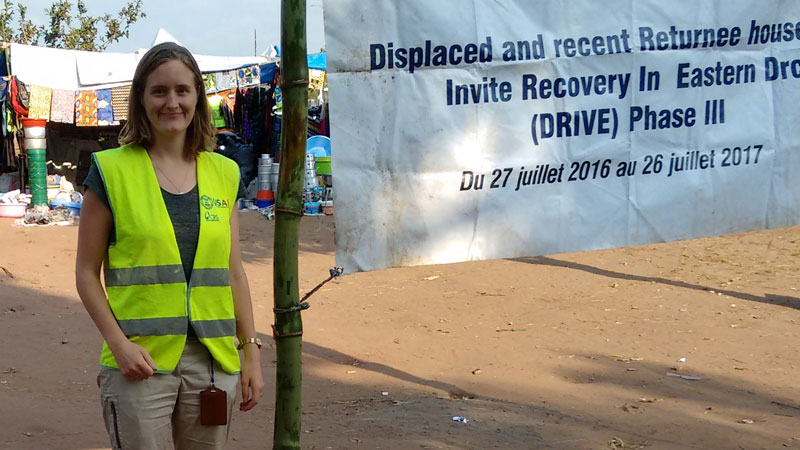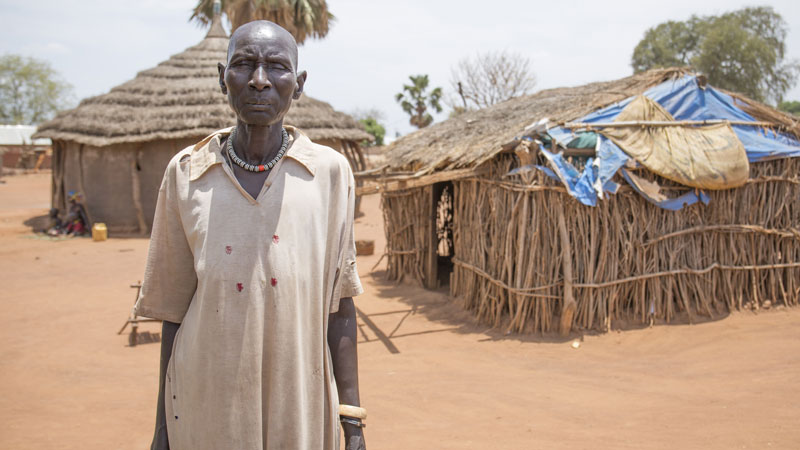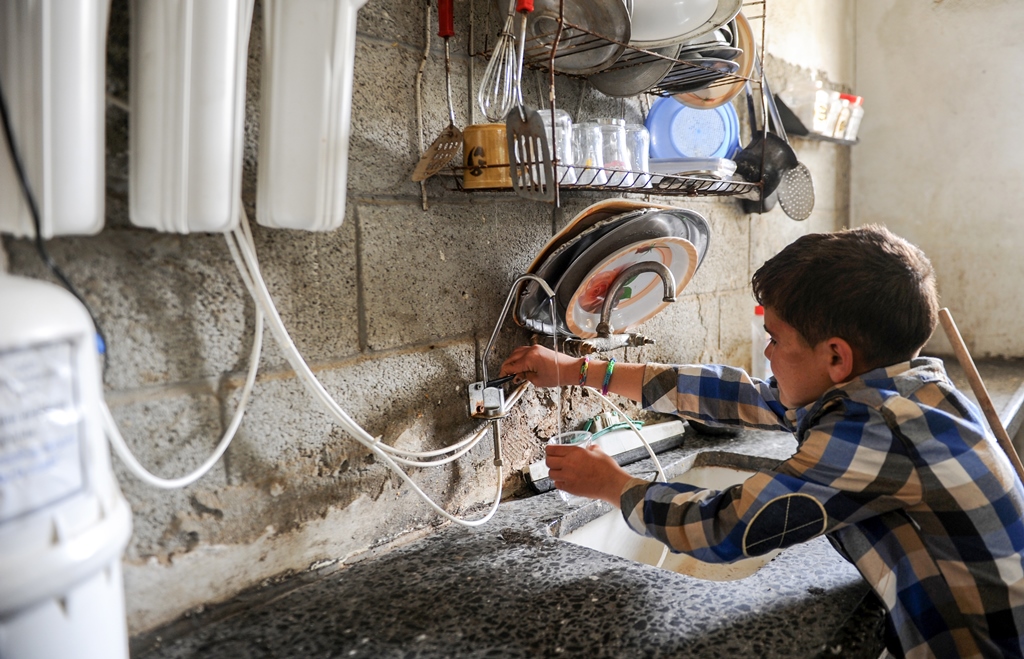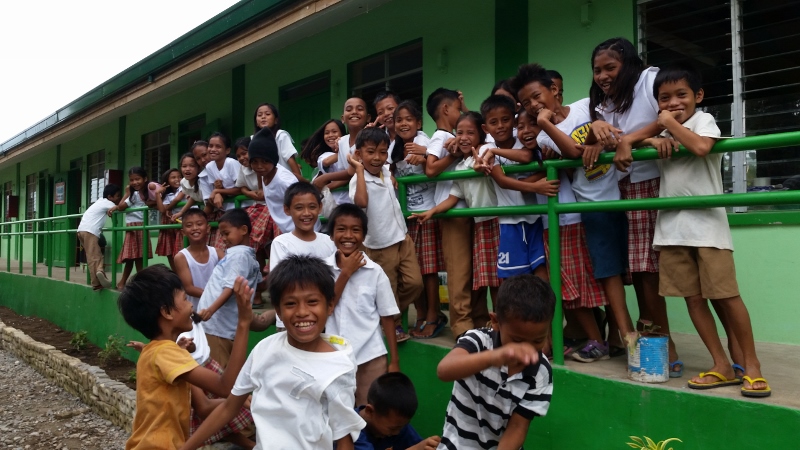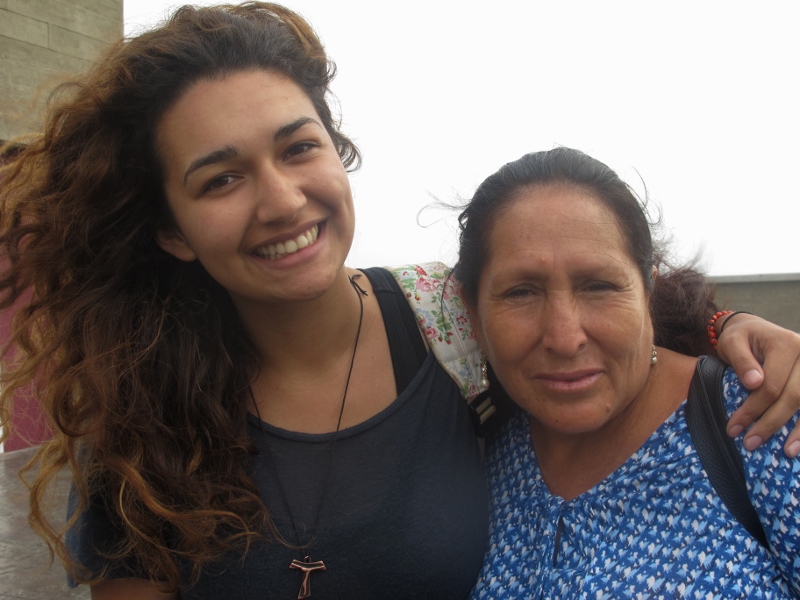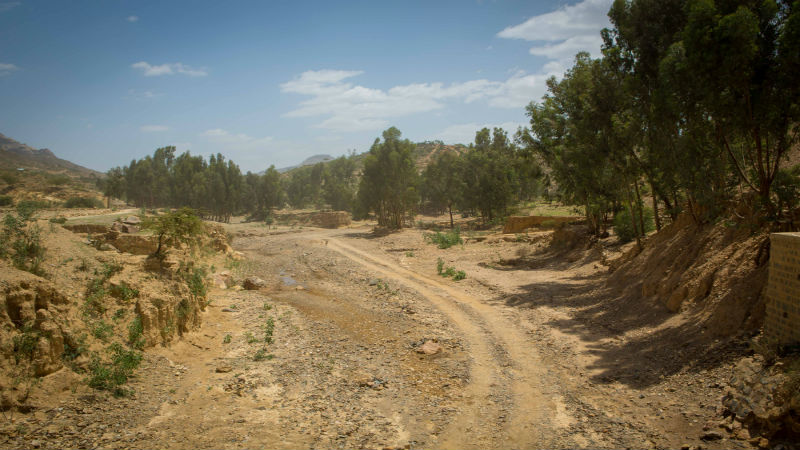Rohingya Crisis Appeal: Caritas volunteers join relief efforts
October 20, 2017
Tom Delamere is CAFOD’s Bangladesh Programme Officer. Here he tells us about his recent visits to Bangladesh, a country struggling to cope with the arrival of more than 582,000 refugees from Myanmar, on top of the devastating effects of recent flooding.
On landing in Dhaka, Bangladesh’s bustling capital city, two things immediately strike you. The first is the close, warm climate; growing up in the North of England didn’t really prepare me for South Asia’s summer temperatures. The second is just how busy the roads and streets are, ringing with vehicle horns, rickshaw bells and the movement of crowds of people.
Please donate to CAFOD’s Rohingya Crisis Appeal
What sticks in my mind the most about the country is the hospitality shown by its people – a warm welcome, a cup of char and an engaging conversation are never far away.
Continue reading “Rohingya Crisis Appeal: Caritas volunteers join relief efforts”
